SEL and Online Learning: Some Tips
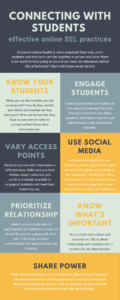
Online school is hard for everyone in one way or another. Parents, teachers, administrators and students all find aspects of online learning they struggle with. While this is something I put together for an SEL conference, it also applies to all online education spaces if we have any hope of making learning meaningful for students right now.
- Know Your Students – get to know who they are, how they identify, what the barriers and challenges are that they face with regard to online learning. If this is the only thing you do, it will be important.
- Engage Students – Create opportunities for students to be part of the learning process. The more our students are empowered to be the architects of their own learning spaces, the more they will learn and the more they teach their peers. Be willing to acknowledge the unique perspectives and talents every student has that can enrich the learning environment for everyone.
- Vary Access Points – Make sure you aren’t just catering to students who are comfortable with online school. Provide links to videos, models they can hold in their hands, music and other forms of information they can engage with. Even students can be surprised at what sparks their interest and understanding.
- Use Social Media – this can feel a little concerning; creating relationship with students outside of the school learning platforms, and I get it. But students learn best from folks they’re in relationship with, so even if you just create an Instagram account where you post memes that are relevant to what you’re teaching, it’s a way to connect with students where they are already spending time.
- Prioritize Relationship – I know we all have specific things we want students to learn about, but remember, students learn best in the context of relationship. Make sure you’re giving them lots of opportunities to connect with you and others – smaller groups or 1:1 time with a peer or giving them tasks that will spur creativity and bonding outside of the subject matter.
- Know What’s Important – and express it to students. Competition and assessment are not important when it comes to SEL. This is about creating connections for students and helping them understand how to know themselves and find their tribe. You can’t challenge them to do that, you have to empower them to do it.
- Share Power – Make sure you communicate clearly to students how they can share their ideas and contribute. This can mean thoroughly explaining the “raise hand” feature on an online meeting platform or letting them know that feedback can be anonymous or submitted “offline” if they feel intimidated by sharing in the larger group. Build in time for feedback about which lessons and ideas resonate and which fall flat as well as generating thoughts about what would work better. Do it every session. Convince your students that they are part of the process and help them feel confident sharing their ideas.

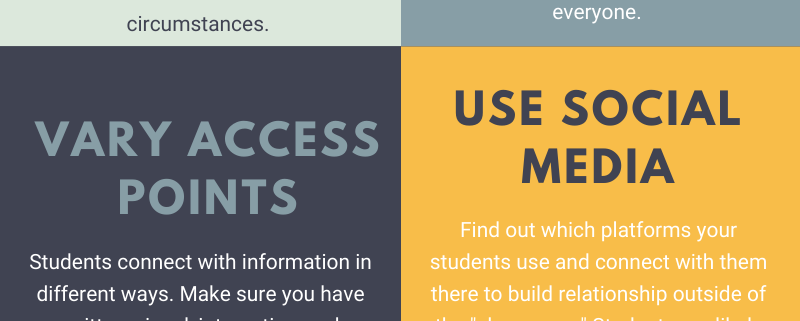
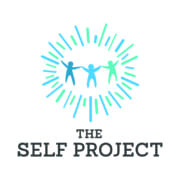

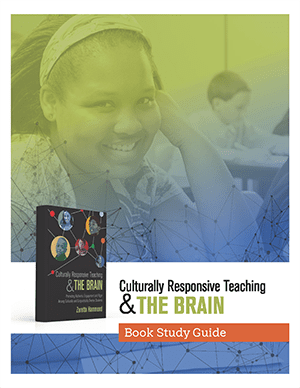
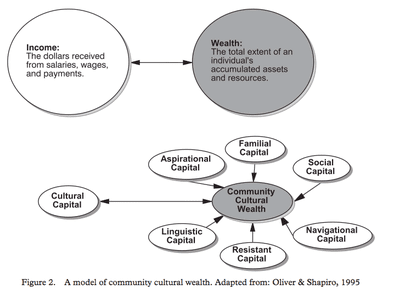



Leave a Reply
Want to join the discussion?Feel free to contribute!